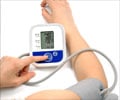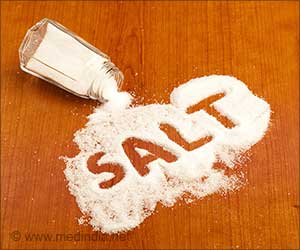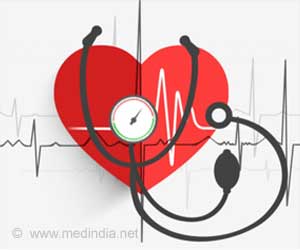
‘Rising cases of hypertension in females in the 21 to 40 age group, indicates that it is a health problem in the younger female population.’
Tweet it Now
According to the study, excess weight, lack of exercise or activity, and a diet high in sodium combined with genetic predisposition place older women at risk of developing high blood pressure. NephroPlus also deep-dived into the subject to understand the effects of hypertension in various age groups, sex, and zones from 0 to 60 years, with findings showing that diet and medications influence blood pressure control among dialysis patients.
"Hypertension is present in two-third to three-fourth patients on hemodialysis. Blood pressure count is influenced by the frequency of dialysis (70% are in 2 weeks or less than 2 per week hemodialysis). In addition, diet and medications influence blood pressure control among dialysis patients," said Dr. Suresh Sankar, senior vice president, Clinical Affairs, at NephroPlus.
The study revealed the prevalence of hypertension in patients with chronic kidney disease (CKD), highlighting the importance of managing blood pressure early.
Hypertension is a leading cause of kidney disease and kidney failure, as suggested by the doctor.
Advertisement
Hemodialysis and Hypertension
Uncontrolled hypertension, a common disorder, is associated with increased long-term risk of several severe conditions. However, awareness of the health risks of uncontrolled hypertension is not well understood.Advertisement
The unanswered questions in India include the timing of blood pressure measurement, the significance of systolic or diastolic blood pressure, the type of medications, and fluid management in dialysis patients with a lower frequency of dialysis.
"This study provides a national snapshot of the effect of hypertension on dialysis patients in the population across India. Hypertension is easy to detect, preventable, treatable, and inexpensive. Incorporating a healthy lifestyle by including adequate fruits and vegetables and less processed food is necessary. One should be physically active and perform the exercise at least 30 minutes five times a week. Say no to smoking and maintain body weight in the recommended range," added Dr. Sankar
According to Kamal D. Shah, co-founder and director (guest services) at NephroPlus and the study’s co-author, dialysis patients must check their blood pressure levels.
In patients undergoing dialysis, normal blood pressure may be defined as the mean ambulatory blood pressure of less than 135/85 mmHg during the day and less than 120/80 mmHg by night.
Source-IANS














